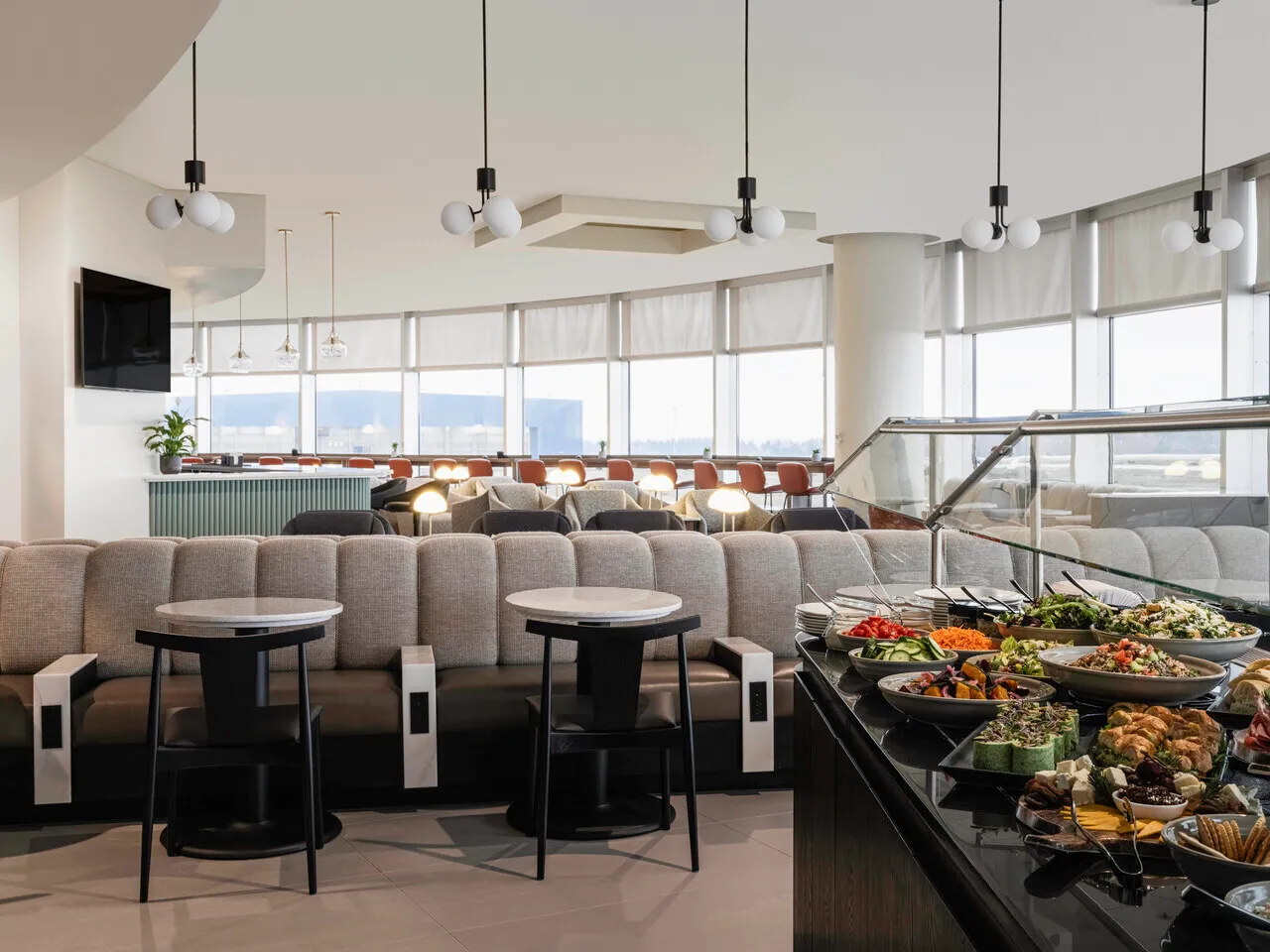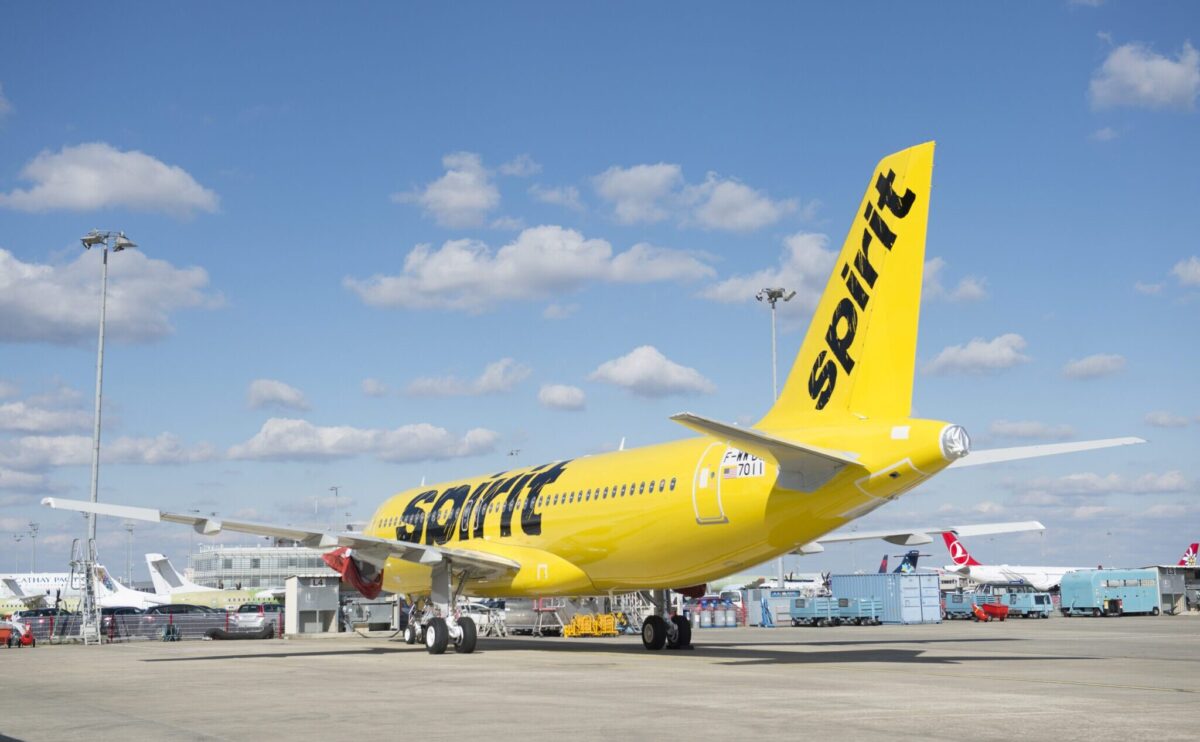Phuket vs. Bali: Two Recovery Models, One Hospitality Success Story

Skift Take
Phuket and Bali, two of Southeast Asia’s premier resort destinations, are bouncing back from the pandemic with strong hotel performance, according to a report by Global Asset Solutions. While Phuket benefits from its international appeal, Bali’s domestic market and luxury sector are driving the recovery.
“2024 has been a year of unprecedented demand, and the traditional low seasons have become a thing of the past,” Douglas Louden, senior asset manager at Global Asset Solutions, told Skift. "Easier travel, more flight options, and relaxed visa rules have driven demand, letting hotels, especially luxury ones, raise their rates. Hoteliers are feeling optimistic about 2025 and expect these trends to keep going strong."
Bali: Strong Domestic Backbone
With 59,000 hotel rooms — outpacing Phuket’s 45,000 — Bali leverages its thriving domestic market, which accounts for nearly 10 million visitors annually. The Indonesian government’s effective Visa on Arrival (VOA) program for 89 countries has also fueled international interest.
Luxury hotels in Bali saw an average daily rate (ADR) of $607 in 2023, a 27% increase over 2019, driven by pent-up demand and limited supply. However, data from the first 6 months of 2024 indicates rates may stabilize or experience moderate decline. This could again be offset as occupancy grows further.
Limited Supply: The rate of hotel openings significantly decreased from 2020 to 2023, averaging around 600 keys per year, compared to the 2,600 keys annually between 2009 and 2019. Hotel supply is set to grow by nearly 1,800 rooms in 2024, but the pace is expected to slow.
Source Markets: Before the pandemic, Australia and Mainland China were the two main source markets for luxury hotels, followed by India and Russia. Post-Covid, Australia is still the number 1, while India has replaced China as the second source market, followed by China and Russia.
Phuket: Internationally Driven Growth
Phuket saw 4.3 million arrivals in the first half of 2024, with foreign arrivals rising 42% and occupancy reaching 81%, surpassing pre-pandemic levels. The island’s ADR climbed to a record $197, reflecting its appeal to high-value travelers.
Favorable exchange rates, relaxed visa policies, and a rebound in air travel are expected to fuel momentum into the second half of the year. However, rising costs could temper the pace of new hotel developments.
Source Markets: Traditional visitor markets like Russia and China are returning slowly, while India and Australia emerge as key growth markets. Phuket is also witnessing tourists from traditional short-distance markets such as Malaysia and Singapore.
Overtourism Concerns
Both destinations grapple with overtourism, straining their infrastructure. While initiatives like Bali’s second airport and Phuket’s plans for a second airport in Phang Nga aim to ease pressure, these projects are years from completion.
While pointing out that overtourism is a real risk, Louden said this would benefit neighbouring destinations like Khao Lak in Thailand and Lombok in Indonesia. “We still believe people are looking for experiential travel, and at some point, this can be overwhelmed by the sheer volume of visitors to the destination.”
Louden did mention that long-term infrastructure plans, including tunnels, by-passes, water purification, waste management and mass transit systems, are underway in both destinations. “However, these will take time to execute, and in the short term, there are likely to be challenges and pressure points,” he said.
Visa Policies and Exchange Rates
Both islands have also benefited from relaxed visa policies and favorable exchange rates. "Favorable exchange rates to the US Dollar make both destinations relatively cheap," Louden said
Phuket’s visa exemptions and Bali’s VOA program have outperformed competitors like Vietnam and Cambodia, which lag in user-friendly entry options.
“Visa policies have definitely helped boost traffic, and we can see this when compared to countries in the region with less user-friendly visa policies, like Vietnam and Cambodia, which are not seeing growth at the same rate,” he said.
A Comparison of Phuket and Bali
Bali
- Strengths: Vibrant domestic market, cultural richness, and a higher hotel inventory.
- Drawbacks: Struggling infrastructure and seasonal high rates.
Phuket
- Strengths: Strong international arrivals, direct long-haul flights, and expansion into Greater Phuket.
- Drawbacks: Seasonal water issues and underdeveloped urban planning.





